New Zealand-style agri-food deal 'would help NI'
- Published
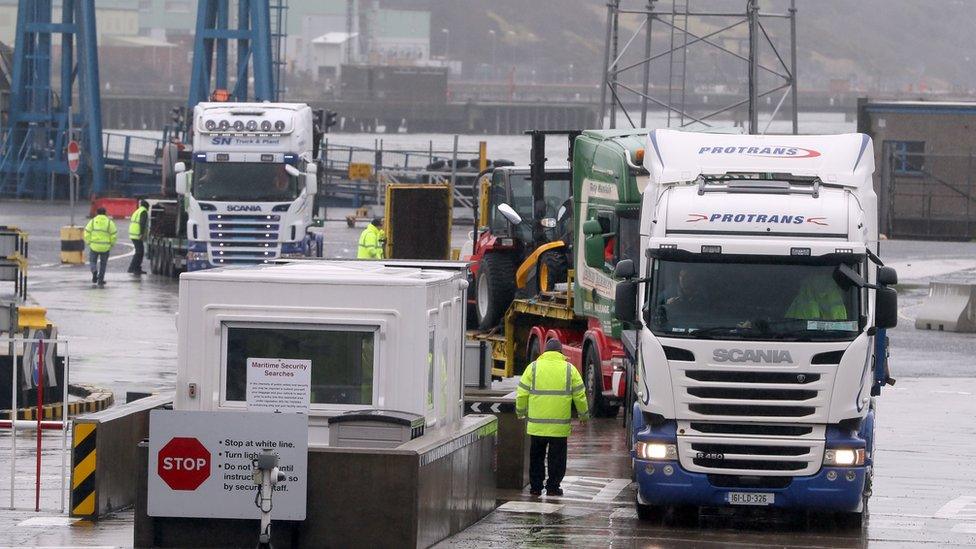
Brexit trade arrangements have caused disruption at Northern Ireland's ports
A New Zealand-type agri-food agreement between the UK and EU would be "really helpful" for reducing Irish Sea border checks, MPs have been told.
The comment was made by Shanker Singham, a member of the government-backed consortium which helps firms trade across the sea border.
He said while it would reduce checks it would not remove all paperwork.
He said the only way to remove all of the checks and processes would be for the UK to be in the EU single market.
The EU and New Zealand have an agreement in which they each recognise that the other has high food standards and so the frequency of checks on products and paperwork is minimal.
However, New Zealand continues to set its own animal health and food standards.
That means that when its products enter the EU they still require a significant piece of administration known as an Export Health Certificate (EHC).
Mr Singham, a senior member of the Trader Support Service (TSS), said a New Zealand-type deal would not take away that process on Great Britain to Northern Ireland trade but would "lower the intensity of physical checks".
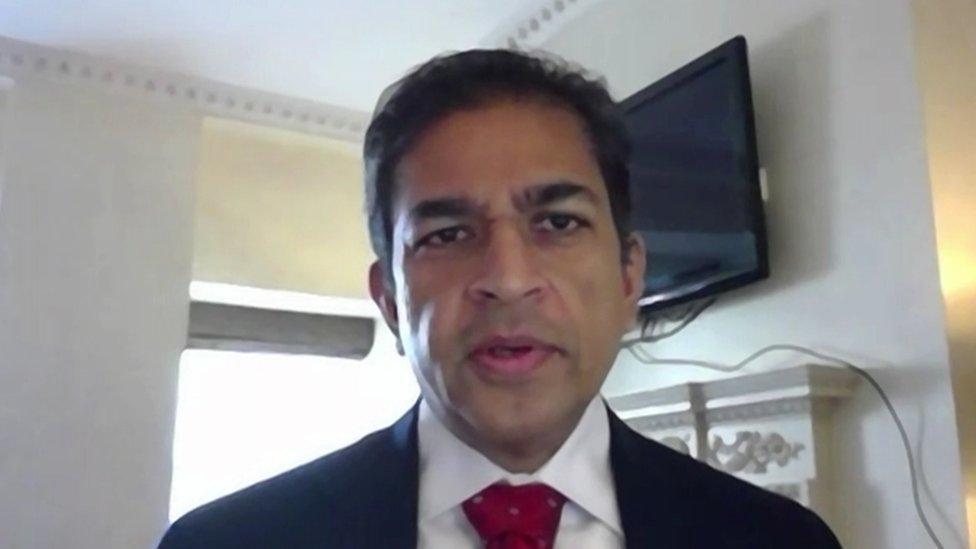
Shanker Singham told the NI Affairs Committee that Irish Sea checks will become less burdensome
Some parties in Northern Ireland have suggested a Swiss-deal agri-food deal which would involve the UK following all EU rules in that area.
The UK government has ruled out such a deal.
'1,000 steps for 70 parts'
The TSS said the system for moving goods across the Irish Sea border is "evolving" and will become simpler.
Senior staff from the TSS were giving evidence to the Northern Ireland Affairs Committee.
The committee heard that some small businesses are still struggling with new customs requirements on Great Britain to Northern Ireland trade.
Democratic Unionist Party (DUP) MP Ian Paisley said a trader in car parts had to go through 1,000 steps to make a customs declaration for 70 parts.
That involved clicking 23 drop down menus for each of the parts.
Mr Paisley said the time taken to complete the administration "probably removed any profit".
Christian Benson from TSS said there were new functions allowing bulk filing of such declarations which should reduce the time taken on such administration.
Mr Singham said when all the simplifications and facilitations were available the system would be "far, far less burdensome".
- Published24 March 2021
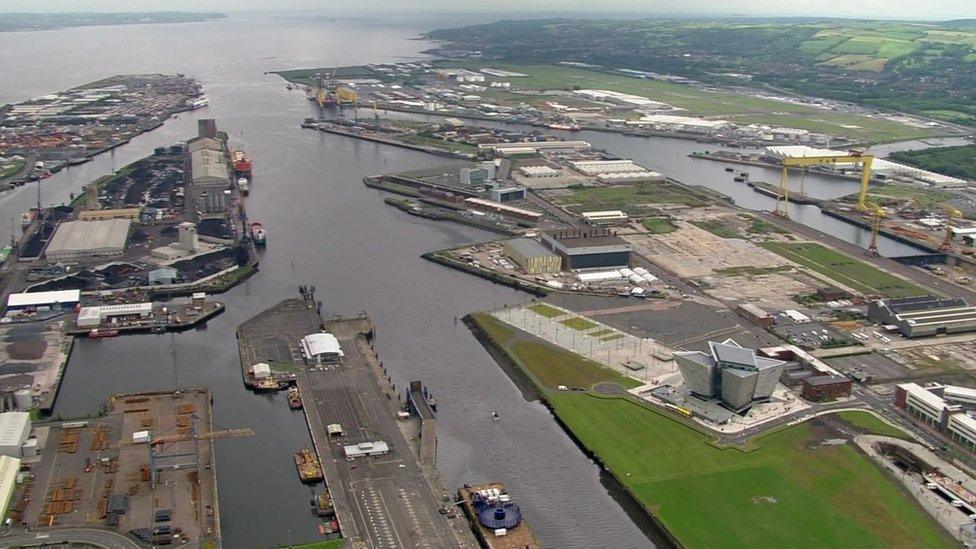
- Published23 December 2020
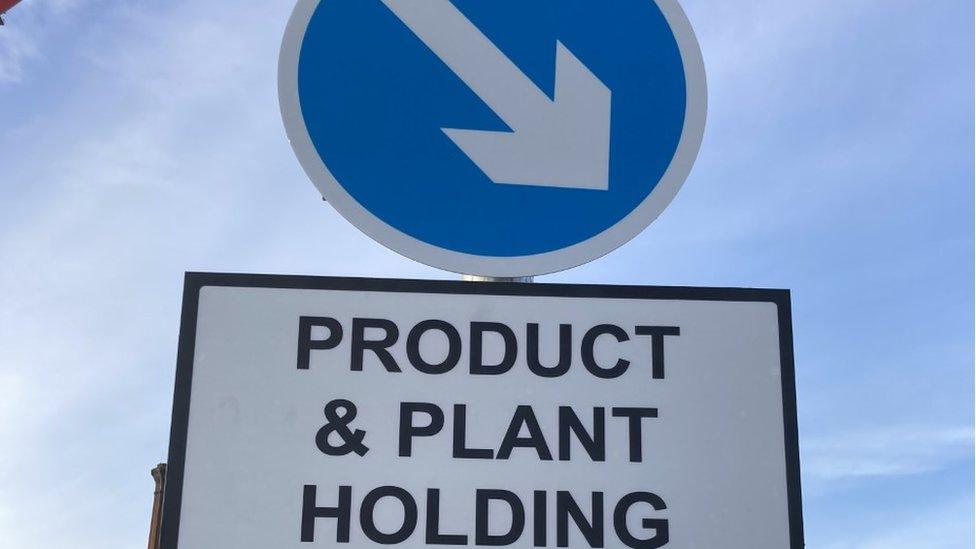
- Published13 October 2021
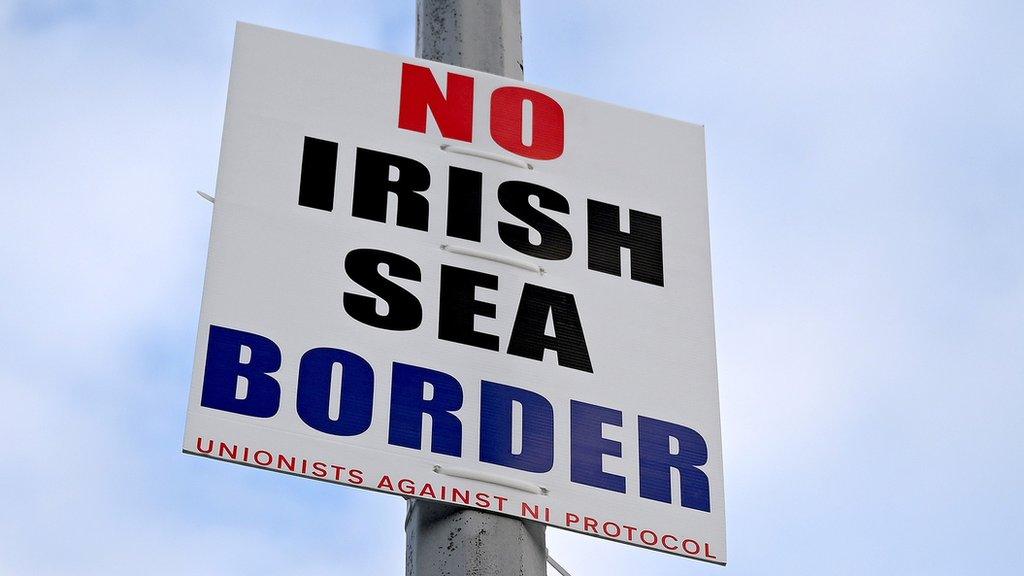
- Published16 April 2021
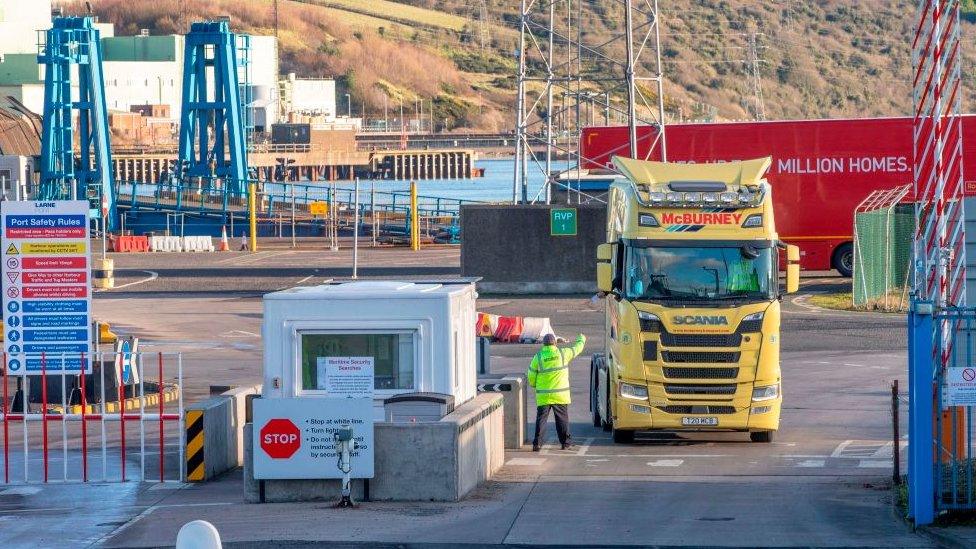
- Published2 February 2024
